Does Solar Panel Type Really Matter?
Monocrystalline, Polycrystalline, & Amorphous Solar Panels Fixed & Portable Solar Panels Flat & Flexible Solar Panels
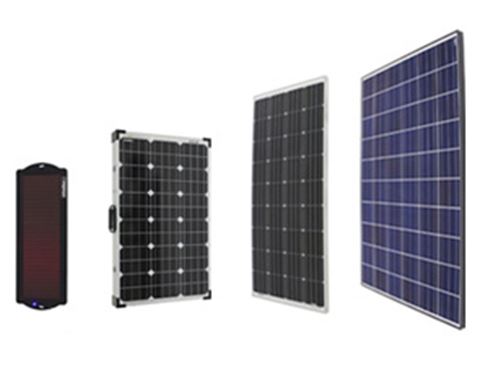
Monocrystalline vs. Polycrystalline vs. Amorphous Solar Panels: What's the Difference?
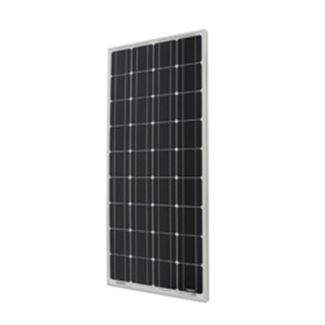
Monocrystalline Solar Panels
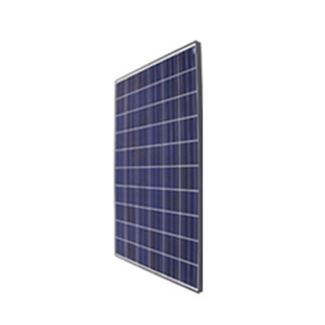
Polycrystalline Solar Panels
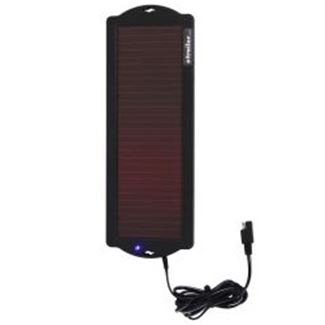
Amorphous (Thin Film) Solar Panels
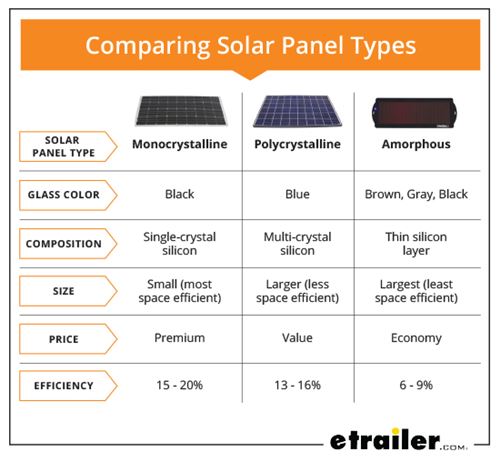
Our Recommendation: Polycrystalline Solar Panels
Fixed vs. Portable Solar Panels: Which Do I Need?
Fixed Solar Panels
Portable Solar Panels
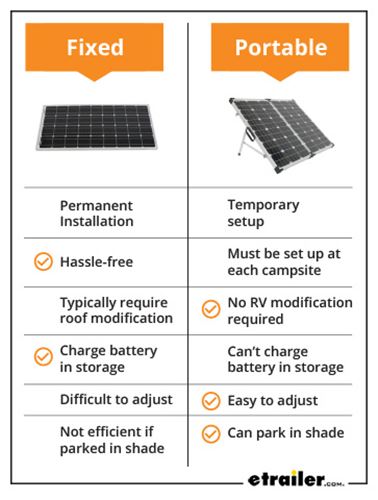
Traditional Flat vs Flexible Solar Panels
Flat Solar Panels
Flexible Solar Panels
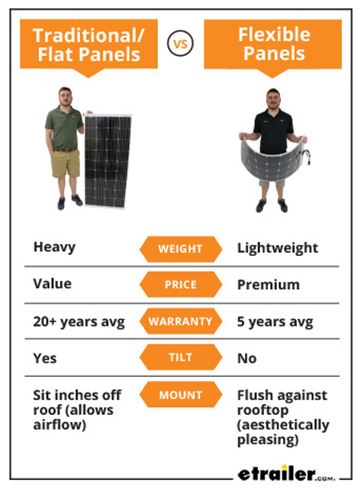
Our Recommendation: Flat Panels
Departments
Towing
- Trailer Hitch
- Fifth Wheel
- Gooseneck
- Towing a Vehicle
- Front Hitch
- RV Hitch
- ATV Hitch
- HD Truck Hitch
- Vehicle Wiring
- Brake Controller
- Ball Mounts
- Weight Distribution
Sports and Recreation
Trailer Parts
- Utility Trailer
- Boat Trailer
- Landscape Trailer
- Enclosed Trailer
- 5th/Camper Trailer
- Car Hauler
- Horse Trailer
Vehicle
Contact & Help

Popular Vehicles
- Subaru Forester
- Ford F-350 Super Duty
- Ford F-250 Super Duty
- Chevrolet Silverado 1500
- Jeep Wrangler Unlimited
- Jeep Wrangler
- Ram 3500
- Toyota Highlander
- Ram 2500
- Chevrolet Silverado 2500
- Subaru Outback Wagon
- Chevrolet Silverado
- Dodge Ram Pickup
- GMC Sierra 2500
- Ram 1500
- Ford F-250 and F-350 Super Duty
- Jeep Grand Cherokee
- Toyota Tacoma
- GMC Sierra 3500
- Toyota Tundra
- Ford Escape
- More >>






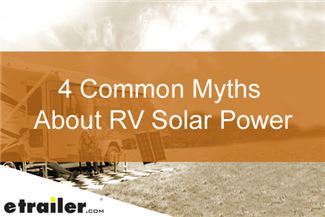
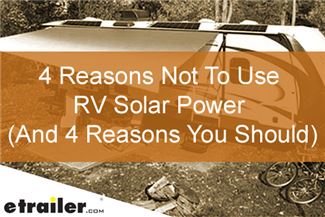
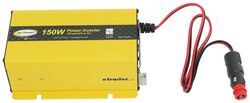
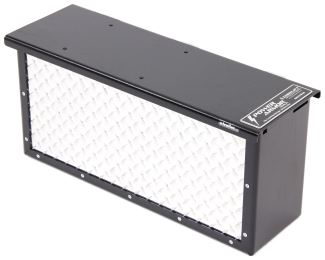
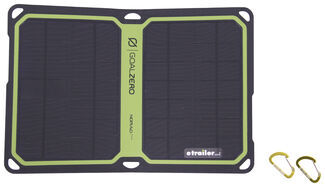













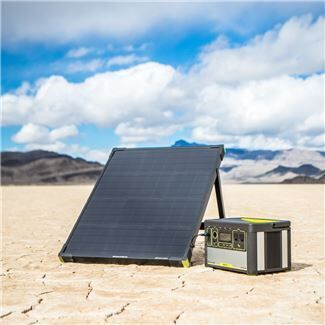











Mike M.
7/26/2021
I have a travel trailer with a pre-wired for solar roof. Do I need a controller as well? If so, how do I find out where to tap into the existing wiring to install it? 2021 Rockwood Minilite 2104S